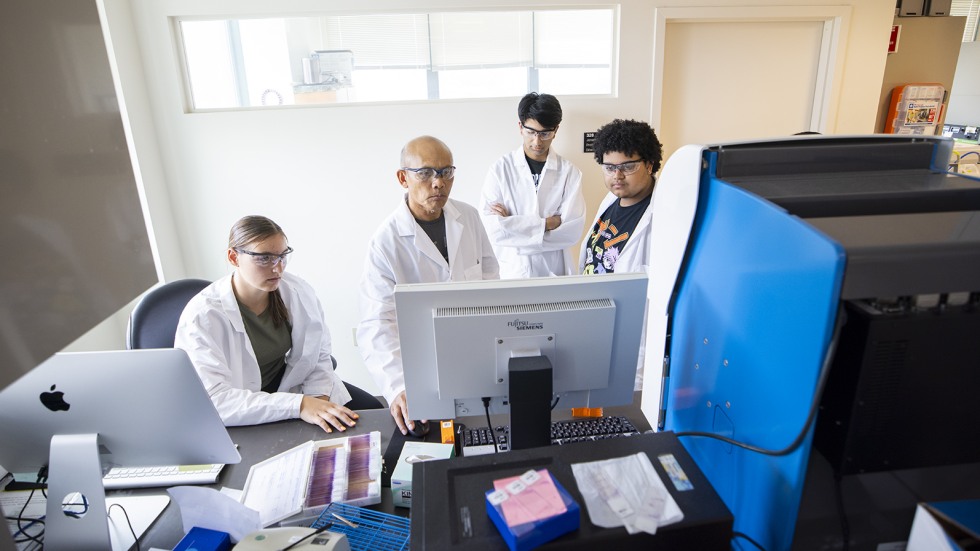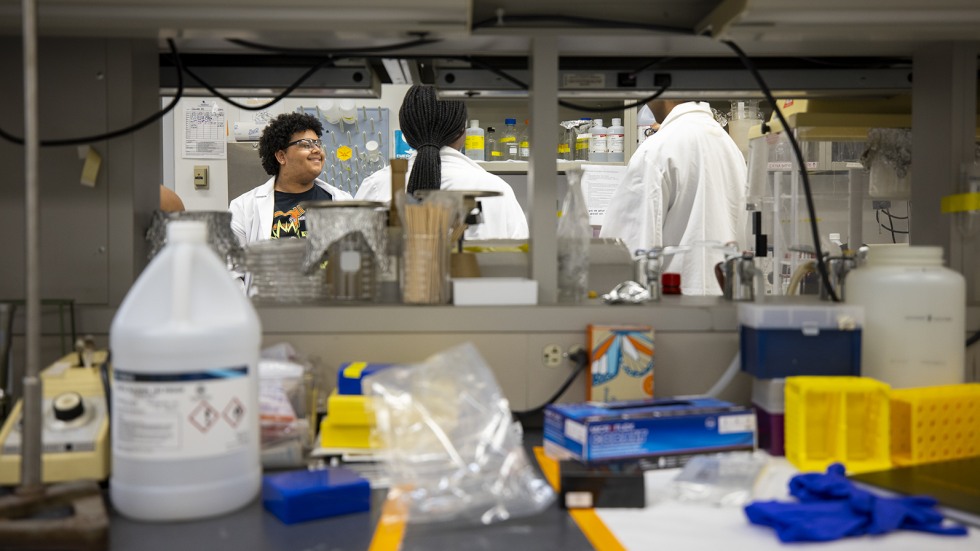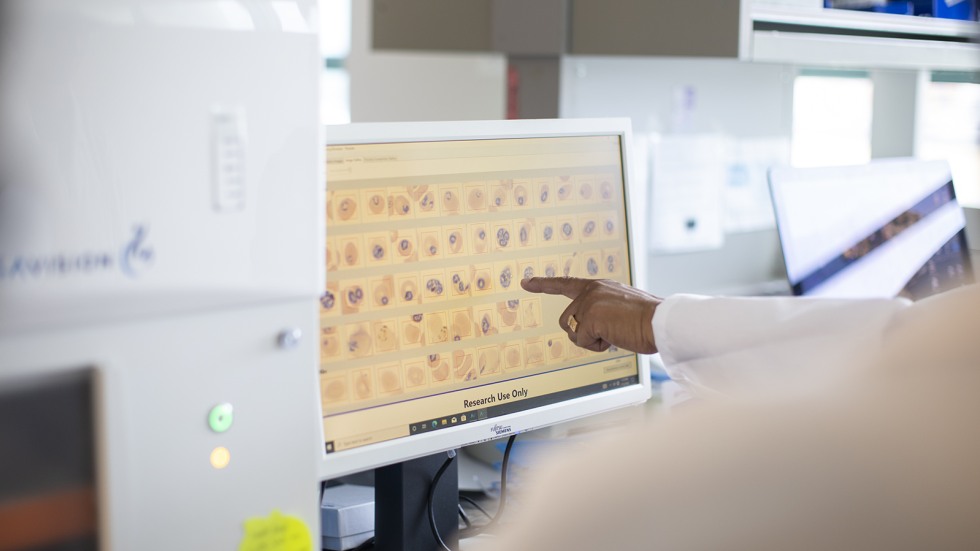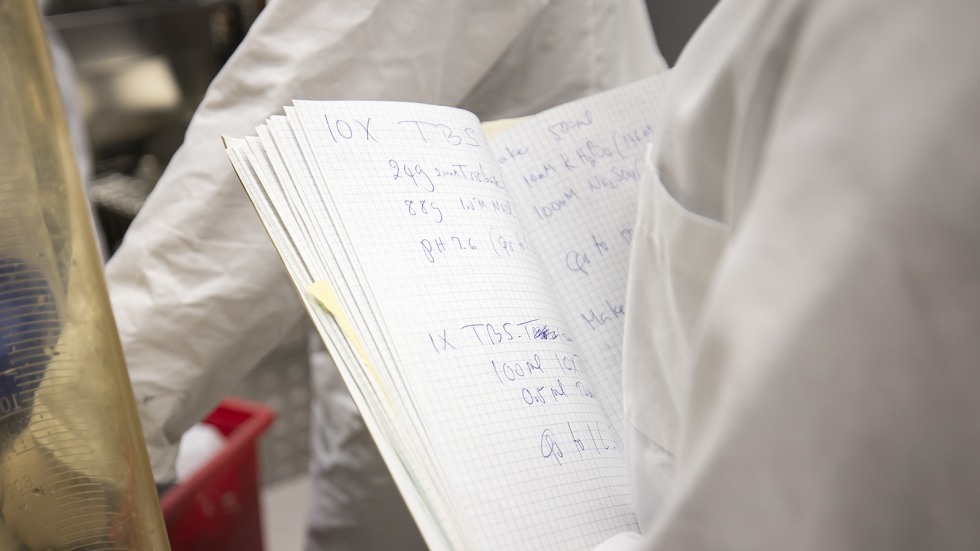PROVIDENCE, R.I. [Brown University] — As a seventh-grader at the Learning Community Charter School in Central Falls, Rhode Island, Ailyn Mendoza developed a passion for science class. Learning about biology and life sciences was exciting, she said, and her curiosity for a career in science and medicine continued as she advanced through high school.
“I’ve always had an interest in learning about illness and disease and how it affects the human body,” Mendoza said. “But I never wanted to be a primary care physician, and I thought, there has to be something else that I can do where I can still contribute to patients or public health — but just not in the role of an everyday doctor.”
During the summer before her senior year at Central Falls High School in 2022, the local teenager discovered that “something else,” through a new internship program at Brown University, where the Department of Pathology and Laboratory Medicine welcomes more than half a dozen Providence-area students to campus each summer for a paid internship that exposes teens to careers in pathology, scientific research and lab medicine.
By working full-time as paid interns — which includes shadowing pathologists in the city’s hospitals, reviewing scientific literature and serving as research assistants in Brown’s state-of-the-art labs — the high schoolers are immersed in the day-to-day work of physician-scientists, researchers and lab technicians and they learn how the specialized medical field of pathology fundamentally influences patient outcomes through medical research, disease detection and treatment planning.
For six weeks, the interns engage in diverse and complex areas of disease study, including toxicology, cancer biology, malaria pathobiology and vaccine development. Yet, the goal of the program is much simpler.



